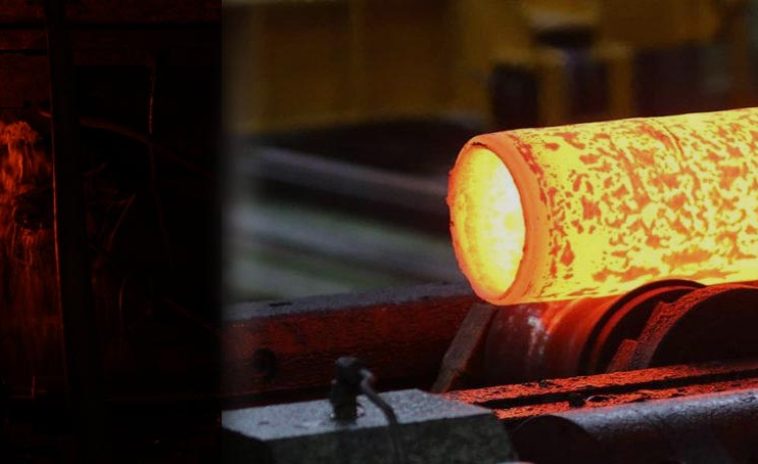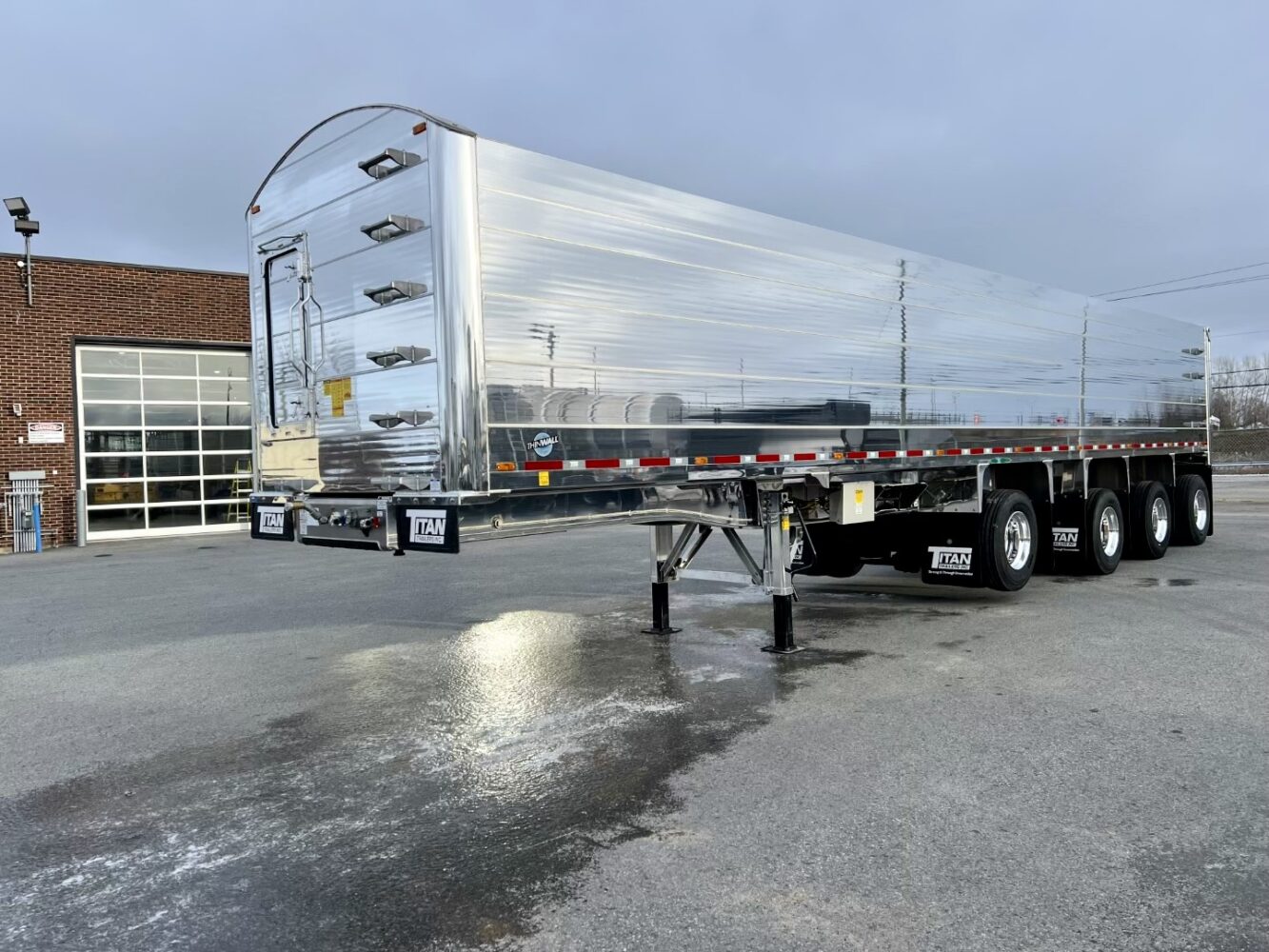The Growing Demand for Stainless Steel Rectangular Tubes and Leading Innovations by Heat Exchanger Tube Manufacturers

In today’s fast-evolving industrial landscape, two components have gained remarkable prominence across sectors such as construction, automotive, oil & gas, chemical processing, and HVAC systems—stainless steel rectangular tubes and high-performance heat exchanger tubes. While rectangular tubes are prized for their structural strength and versatility, heat exchanger tubes are essential for efficient thermal transfer in critical processes. As industries push towards stronger, more reliable, and more corrosion-resistant materials, the demand for trusted heat exchanger tube manufacturers has also grown significantly.
This blog explores why stainless steel rectangular tubes have become an industry staple, how heat exchanger tube manufacturers are innovating to meet modern standards, and why both materials form the backbone of advanced engineering solutions.
Why Stainless Steel Rectangular Tubes Are Essential Today
Stainless steel rectangular tubes are widely used due to their unique blend of strength, aesthetic appeal, and corrosion resistance. Their design—flat surfaces and right-angled edges—makes them ideal for applications where uniformity, rigidity, and clean architectural lines are necessary.
1. Superior Strength and Structural Integrity
The rectangular shape provides excellent load-bearing capacity, making these tubes perfect for frames, support structures, railings, and fabrication projects. Industries like construction, automotive, and manufacturing rely on these tubes for precision and durability.
2. Excellent Corrosion Resistance
Made primarily from grades such as 304 and 316, stainless steel rectangular tubes offer unmatched resistance to moisture, chemicals, and harsh outdoor environments. This makes them suitable for marine structures, chemical plants, and high-humidity zones.
3. Aesthetic Appeal and Versatility
Besides functionality, stainless steel rectangular tubes are favored in architectural applications. Their clean lines, polished finish, and modern appearance make them ideal for interior and exterior décor, furniture, gates, and handrails.
4. Easy Fabrication and Maintenance
Stainless steel is simple to fabricate, weld, and cut. Its low maintenance needs and long service life reduce operational costs, making it a smart long-term investment for businesses and builders alike.
The Critical Role of Heat Exchanger Tubes in Industrial Performance
Heat exchanger tubes form the heart of equipment used in refineries, chemical plants, power generation, HVAC systems, food processing, and pharmaceuticals. With rising demands for energy efficiency, the role of heat exchanger tube manufacturers has become more crucial than ever.
1. Performance in Extreme Conditions
These tubes are exposed to high temperatures, rapid thermal cycling, and corrosive media. As a result, manufacturers are adopting advanced stainless steel, duplex, and nickel alloy materials to ensure durability and uninterrupted operation.
2. Enhanced Heat Transfer Efficiency
Modern manufacturers design tubes with improved surface finishes, precision dimensions, and optimized internal structures. These factors significantly improve heat transfer efficiency and reduce energy consumption in industrial processes.
3. Customization for Industry Needs
Trusted heat exchanger tube manufacturers offer customized solutions, including U-tubes, seamless tubes, finned tubes, and expanded tubes. Tailored tube thickness, diameter, and length ensure compatibility across a wide range of heat exchanger systems.
4. Compliance with Global Standards
Leading manufacturers adhere to international standards such as ASTM, ASME, and EN specifications. This ensures reliability, quality, and safety across industries where the margin for error is minimal.
How Stainless Steel Rectangular Tubes and Heat Exchanger Tubes Complement Industrial Growth
Both materials may serve different roles, but they are deeply interconnected in modern industrial development.
Structural Support in Fabrication and Equipment
While heat exchanger tubes handle thermal processes, stainless steel rectangular tubes often serve as the structural framework supporting the equipment. Their strength and weldability make them ideal for fabricating skids, platforms, and machinery bases.
Corrosion-Free Performance in Harsh Environments
Industries such as petrochemical plants and offshore installations require materials that resist corrosion and withstand challenging environments. This is where both stainless steel rectangular tubes and specialized heat exchanger tubes perform exceptionally well.
Energy Efficiency and Sustainability
With global industries shifting toward sustainability, stainless steel products—being recyclable and long-lasting—are preferred. Heat exchanger tube manufacturers are also designing tubes that enhance energy capture and reduce carbon footprint.
Choosing the Right Supplier Makes All the Difference
Whether you are sourcing stainless steel rectangular tubes for a construction project or high-grade tubes for thermal systems, quality and supplier reliability are crucial. Look for manufacturers offering:
-
Proven industry experience
-
Advanced manufacturing technology
-
Certifications ensuring global compliance
-
Customization options
-
Consistent product quality and timely delivery
A trusted supplier ensures the longevity and efficiency of your operations, saving costs and minimizing downtime.
Conclusion
The increased adoption of stainless steel rectangular tubes and the growing expertise of heat exchanger tube manufacturers highlight the evolving requirements of today’s industries. Durability, efficiency, flexibility, and sustainability are the driving factors behind their rising demand. As businesses continue to expand and innovate, these components will remain essential for building stronger structures and powering efficient thermal systems worldwide.
If you’d like, I can also create a shorter version, SEO-optimized meta descriptions, or a unique title for this blog.









